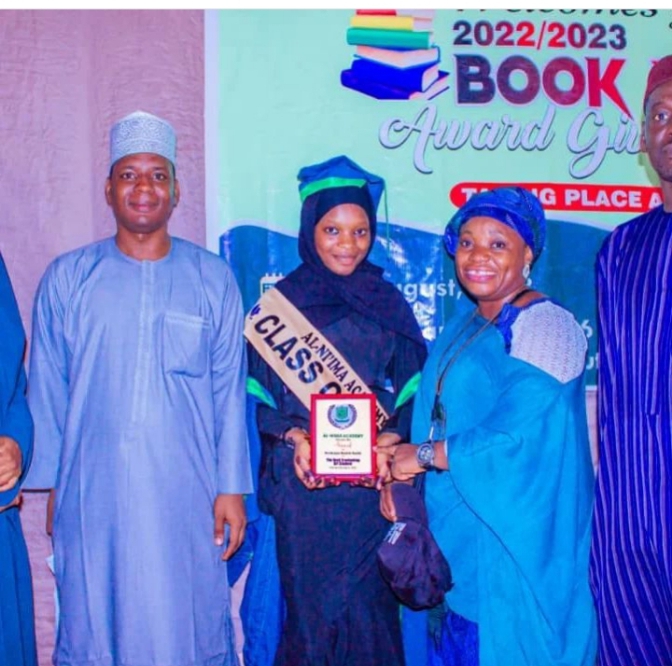Here are some additional examples of activities that can be offered in AL-NIIMA ACADEMY:
Sports teams: Schools often have various sports teams such as basketball, soccer, volleyball, track and field, swimming, and more. These teams allow students to participate in competitive sports and represent their school in inter-school competitions.
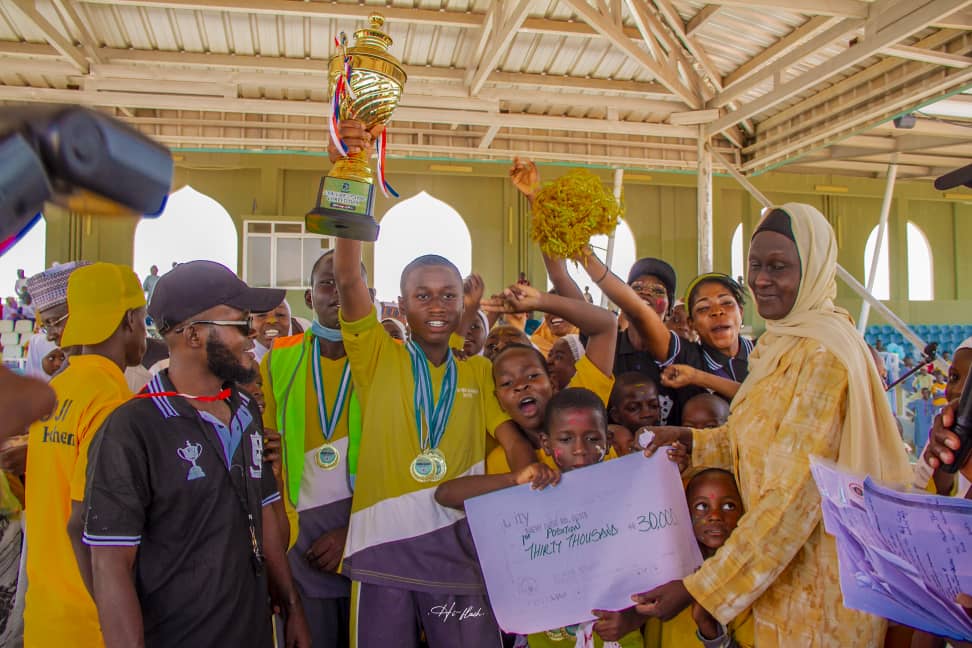
Clubs and societies: AL-NIIMA ACADEMY typically have a wide range of clubs and societies that cater to different interests and hobbies. Examples include debate club, drama club, chess club, photography club, environmental club, music club, and more. These clubs provide opportunities for students to explore their passions and develop new skills.
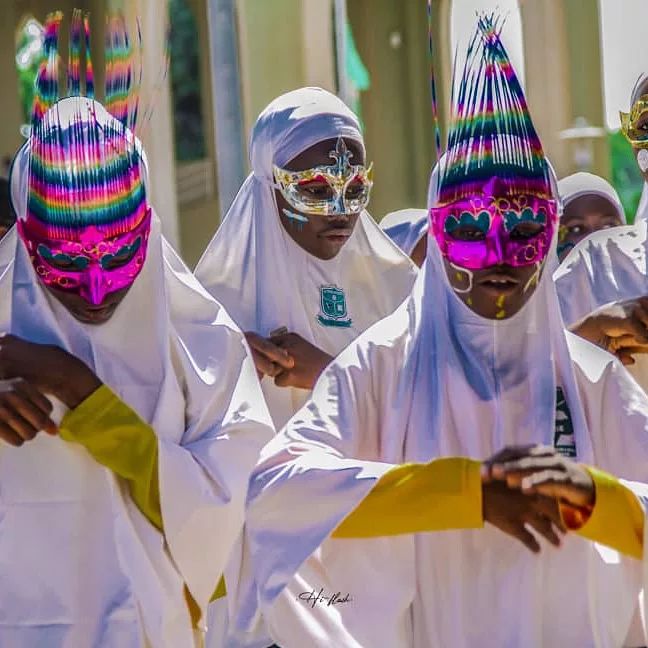
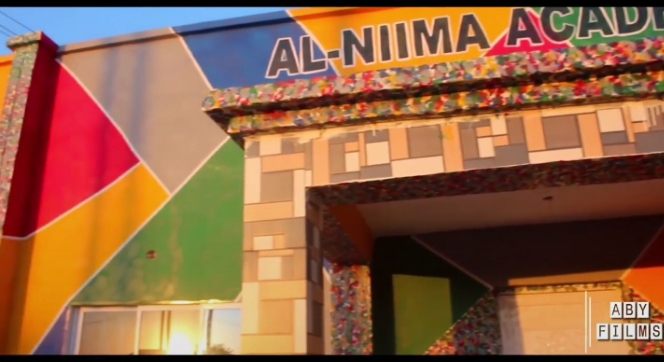
Community service projects: AL-NIIMA ACADEMY, encourage students to engage in community service activities. This can involve volunteering at local charities, organizing fundraisers for a cause, participating in environmental clean-up initiatives, or assisting in community events. These projects help students develop a sense of social responsibility and empathy.
Field trips and excursions: Schools often organize educational trips to museums, historical sites, science centers, or other places of interest. These trips provide students with hands-on learning experiences outside the classroom and help them connect theoretical knowledge with real-world applications.
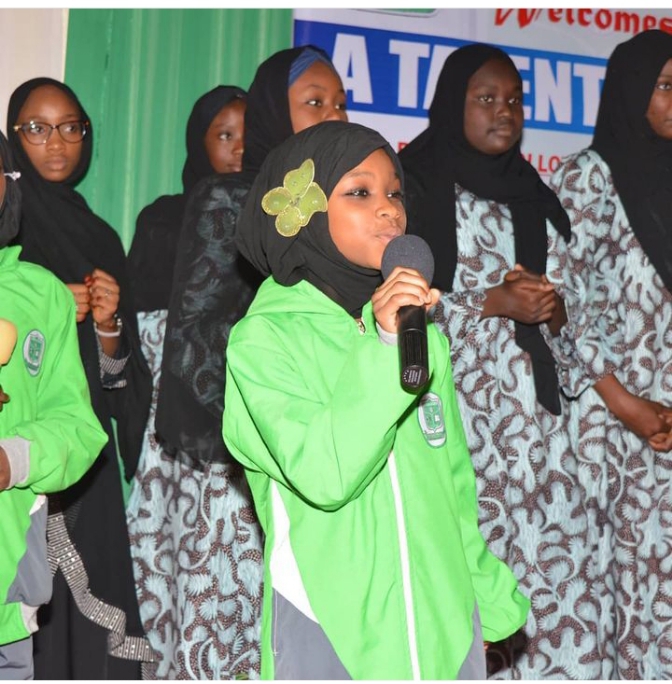
Workshops and guest speakers: Schools may invite professionals, experts, or motivational speakers to conduct workshops or give talks on various topics. These sessions can cover career guidance, study skills, mental health, leadership, and more. They provide students with valuable insights and inspiration.
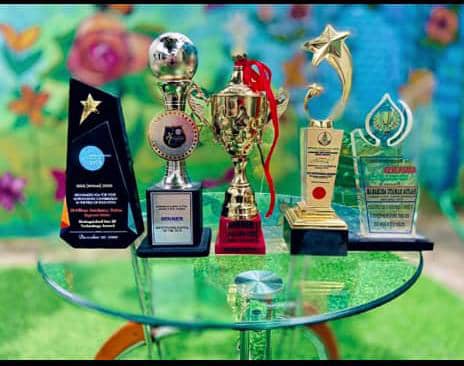
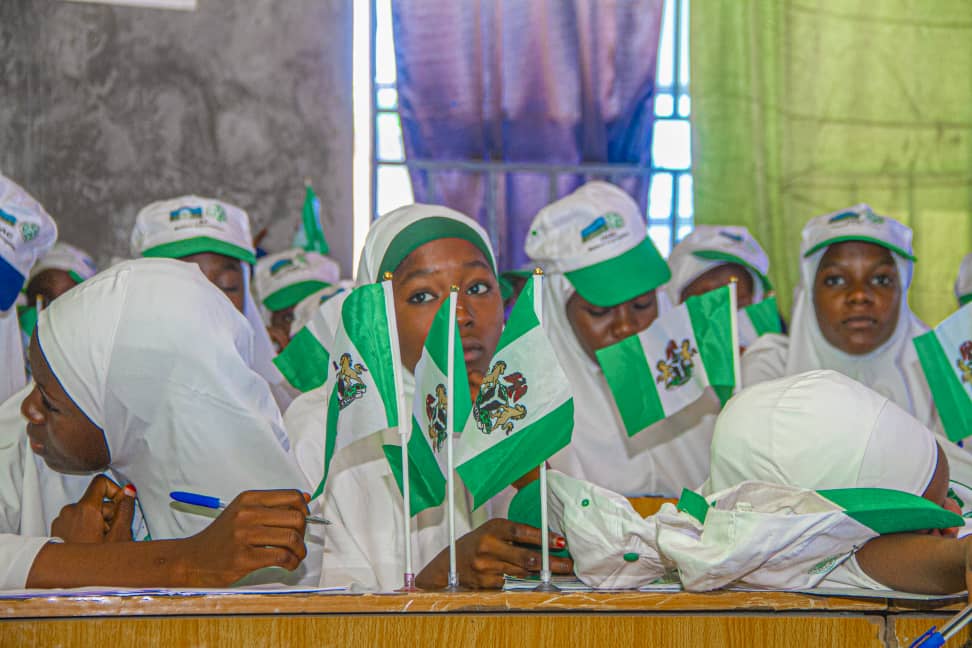
Competitions and events: Secondary schools often participate in academic competitions, sports tournaments, and cultural events. These activities allow students to showcase their talents, develop their skills, and foster a sense of healthy competition and camaraderie.
Science fairs and exhibitions: Schools may organize science fairs or exhibitions where students can showcase their scientific projects and experiments. This allows students to explore their scientific curiosity, develop critical thinking skills, and present their findings to a wider audience.
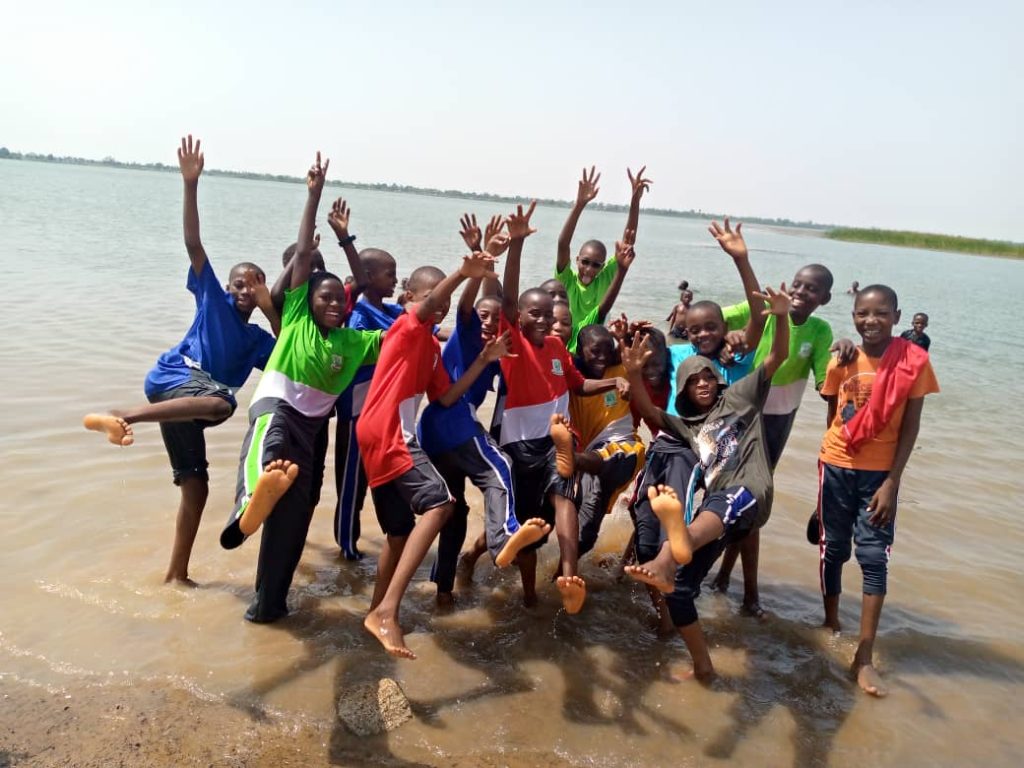
Cultural events and performances: Schools often organize cultural events such as talent shows, music concerts, drama productions, or art exhibitions. These events provide students with opportunities to showcase their artistic talents and cultural diversity, fostering a sense of community and appreciation for the arts.
Career exploration programs: Secondary schools may offer career exploration programs that expose students to different professions and industries. This can involve career fairs, job shadowing opportunities, or internships. These programs help students make informed decisions about their future career paths.
